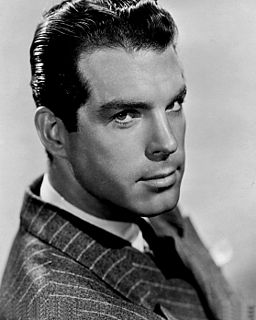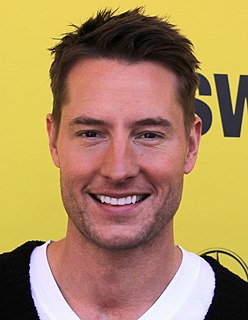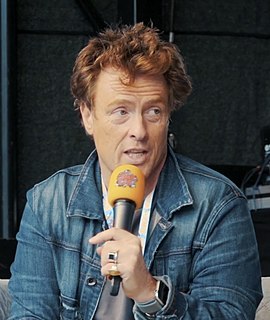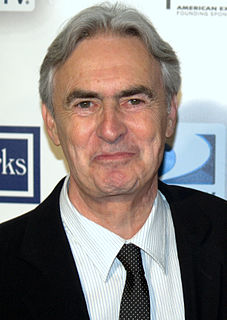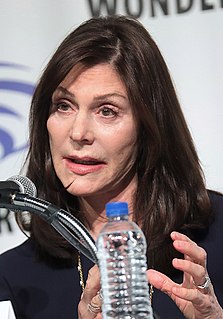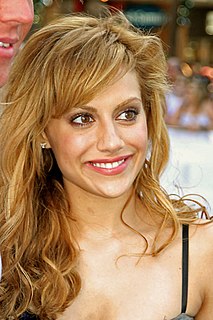A Quote by Fred MacMurray
They sent me the first 'Untouchables' script, for instance, and I'm glad I didn't do it. For one thing, it was practically a feature film, and for very little money. If I'd taken it, I'd have been faced with the job of turning them down on the series later.
Related Quotes
When I said that something was going to cost a certain amount of money, I actually knew what I was talking about. The biggest problem that we were having on the financing front was people with lots of money saying "you need more money to make this film [Moon]," and us saying "no this is the first feature film we want to do it at a budget where we sort of prove ourselves at the starting end of making feature films; we can do this for $5 million." That is where the convincing part between me and Stuart came, we had to convince people with money that we could do it for that budget.
I got a phone call from George Miller [the director] asking me to play this role. We sat down and he showed me on his computer a documentary-type montage sequence of real penguins swimming, in an Esther Williams synchronized sort of way, and doing things I have never seen them do. Then he explained his vision of the film, asked me to read the script and to voice the character. I was cast a little bit later, and he let me do the singing as well!
From the very beginning, all of my films have divided the critics. Some have thought them wonderful, and others have found very little good to say. But subsequent critical opinion has always resulted in a very remarkable shift to the favorable. In one instance, the same critic who originally rapped the film has several years later put it on an all-time best list. But of course, the lasting and ultimately most important reputation of a film is not based on reviews, but on what, if anything, people say about it over the years, and on how much affection for it they have.
Lego was our fourth film, because we did two Cloudys, so yeah there's a little bit of shorthand that's involved and then you can anticipate things- because for me it's like, I get a script for a movie and I go, "Wow that's a pretty good script", then you sign on and a couple months later they show you the first cut and you're like, "Whoa, how did that happen?"
The most striking feature of the new is the sheer mass. Photography was previously a mass phenomenon, but now, quantity is doubtless the outstanding quality. For a long time photos have been taken frequently and everywhere, but now photos are taken permanently and everywhere,... What is new is that we can watch them practically in real time.
